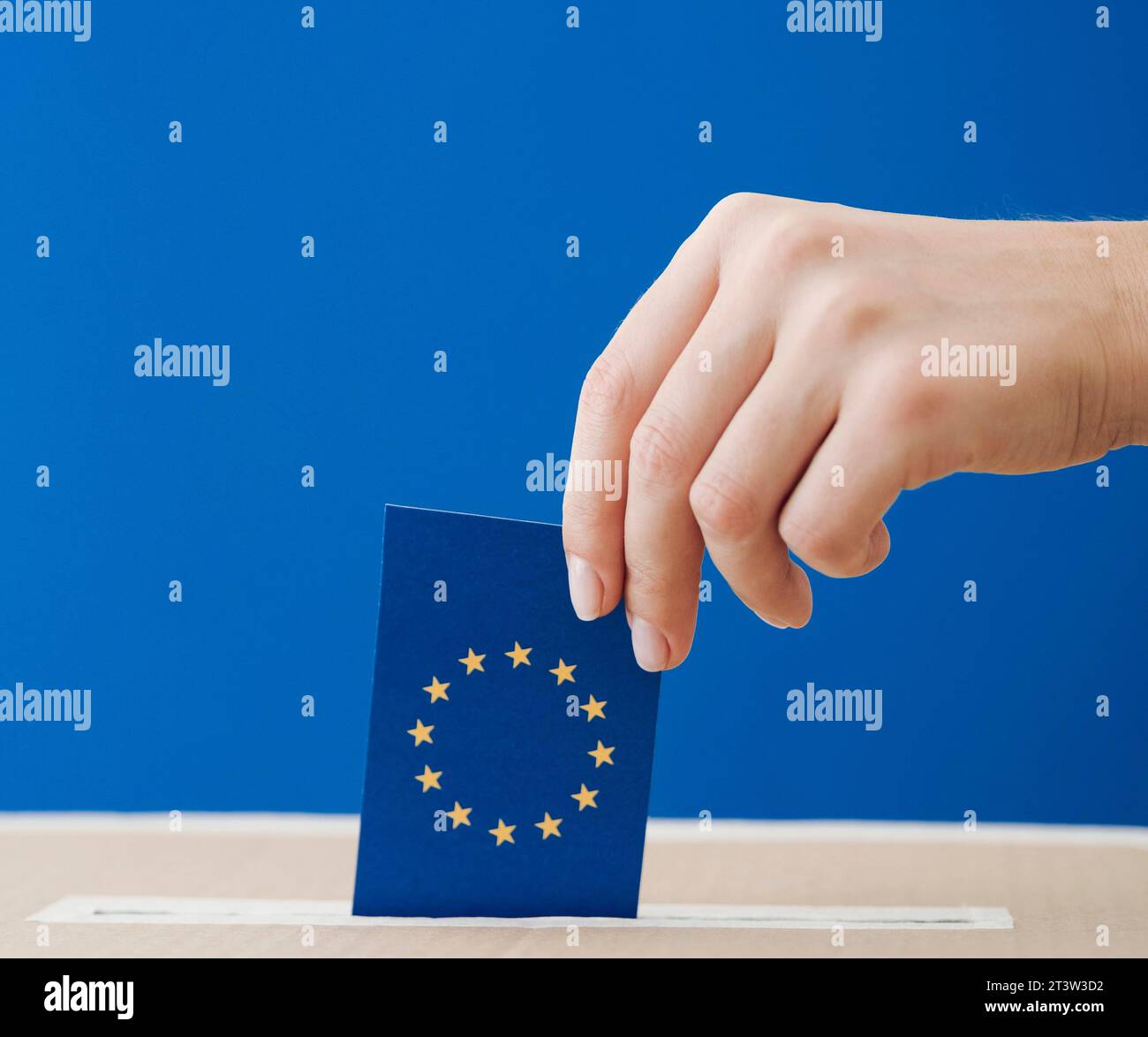European polls play a crucial role in shaping policies and social dynamics in the European Union. By capturing current opinions and trends, they significantly influence policy decisions and shape the social landscape. We explore the growing importance of these polls, their ability to reflect and guide the evolution of European society.
Understanding European polls
European polls provide valuable insights on a variety of crucial topics. These include politics, economics, the environment and social issues. The methodology used in these polls is rigorous. This ensures the collection and analysis of reliable and representative data of the European population. Advanced techniques such as stratified random sampling and complex statistical analysis ensure that the poll results reflect the opinions and attitudes of European citizens.
Data collection methods and analysis
The reliability of European polls is based on sophisticated data collection methods, including online surveys, telephone interviews, and focus groups. The analysis of these data uses advanced statistical algorithms to interpret trends and opinions. This provides a solid basis for political and social decision-making.
Frequently covered topics
European polls cover a wide range of topics, reflecting the concerns and interests of EU citizens. Key areas include:
- Politics: electoral trends, trust in institutions and attitudes towards EU policies.
- Economy: perceptions of the labour market, consumer confidence, and attitudes towards taxation and the EU budget.
- Environment: ecological concerns, sustainability and support for EU green initiatives.
- Social issues: attitudes towards immigration, public health and welfare policies.
This detailed exploration of European polls highlights their essential role in understanding the complex dynamics within the EU.
The influence of European polls on the political landscape is profound and multifaceted. They shape the strategies of decision-makers and the conduct of electoral campaigns. The results of these surveys serve as a compass for political parties, helping them to refine their messages, to target voters effectively. They can adjust their policies according to citizens’ expectations.
Influence of European surveys on decision-makers and policy formulation
Surveys provide policy-makers with valuable data on public opinion, allowing them to shape their strategies. This direct feedback from citizens significantly influences decision-making within European institutions. It ensures that policies developed are in line with public expectations.
Polls and Election Campaigns
During election campaigns, European polls play a key role in identifying priority issues for voters. Parties can focus their efforts on the issues that really matter. These insights contribute to more targeted and relevant campaigns, increasing the effectiveness of political communication.
Case Study: The Impact of European Polls on Election Results
A striking example of the impact of polls can be seen in the recent European elections, where predicted trends often guided parties’ campaign strategies. Pre-election polls helped anticipate electoral swings, but also allowed parties to readjust their positions. They were able to better respond to voters’ expectations, thus influencing the final results.
This analysis clearly demonstrates that European polls are much more than just a tool for measuring public opinion. They are a driving force behind political decisions, campaigns.
The Limitations of Polls
Although European polls are valuable tools for measuring public opinion and influencing policy, it is essential to acknowledge their limitations. Potential biases and confidentiality issues are critical aspects that can affect the reliability of the results obtained.
Potential Biases in European Polls
Polls can be subject to various types of bias, such as selection bias, where the sample of respondents does not accurately represent the overall population. Another is response bias, where respondents may respond in a socially desirable manner rather than expressing their true opinions. These biases can lead to poll results that do not accurately reflect the real feelings of the population.
Need for a Critical Approach
Acknowledging the limitations of polls invites a more critical and nuanced approach in their interpretation. YouGov takes this into account in its policy and continues to propose adequate solutions. It is important for policymakers, analysts and the public to take these limitations into consideration when assessing survey results. Understanding and addressing these challenges can improve the quality and reliability of surveys as tools for measuring public opinion.
The interpretation of European surveys will need to evolve with contemporary challenges for a more nuanced and contextualised reading of the data collected. Surveys have the potential not only to influence the political and social future of the Union, but also to strengthen participatory democracy.



